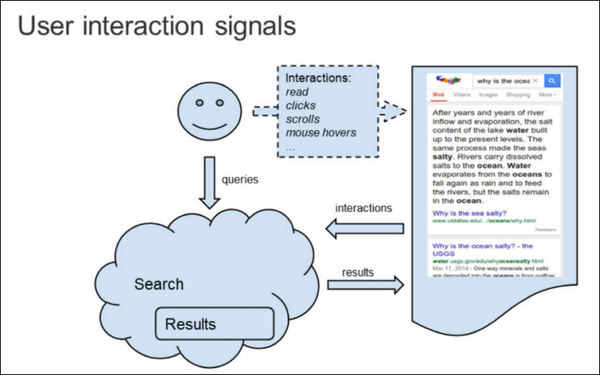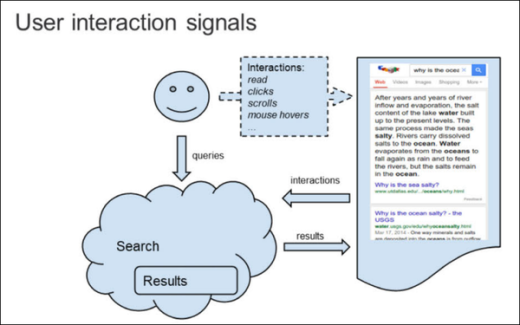Google Trial Docs Reveal Secrets
Google Trial Docs Reveal Secrets

Disclosures in Google’s antitrust case as part of the testimony by the U.S. Justice Department provide a plethora of insights into the company’s revenue-sharing agreements, and the way in which the company conducts business.
Google cut the amount of money it paid to Verizon Communications to become the default search engine on its Android phones sold in the U.S. in 2020, according to Bloomberg, citing testimony as part of the evidence.
Adrienne McCallister — director of global partnerships at Google, who negotiated the deal with the U.S. mobile carrier — during questioning from Justice Department attorney Jeremy Goldstein, confirmed that the companies renegotiated the agreement in 2020. The two reduced the share of revenue earned through searches on Android phones to 10% from 20%.
Google pays a portion to wireless carriers, web browsers, and mobile device makers. The revenue is earned from advertising on searches.
In 2021, Google paid $26 billion in exchange for being the default search engine on platforms such as Apple. The exact amounts paid to specific companies were not revealed at the trial.
Bloomberg also reported earlier that the companies did not seek out bids for other search engines like Microsoft Bing or DuckDuckGo when it renegotiated deals.
From each query, Google gains a little knowledge from people wanting information, and then it gives a little back. “Then we give some more, and get a little more back,” according to the document.
Inside this document, Google also goes into details on how it learns more from users. Users ask, and Google answers, which is the fundamental model. Then Google turns the tables and asks the user a question implicitly, provide necessary background information, and gives the user a way to tell Google the answer.
Look at the infamous “10 blue links.” The ten blue links pose a question – which is best. The answer is the click. Image search helps Google asks a similar question uses images.
Testimony during the trial has revealed many things about Google. In another heavily redacted piece of evidence for the trial, a document explains the life of a click. In Google language, clicks stand for user interaction—queries, search, interaction. The three pillars of ranking include body, what the document says about itself; anchors, what the web says about the document; and user interactions, what the user says about the document.
All those swipes, clicks, scrolls, and deletes, or closing of the web page on mobile device tell Google something.
Since Google makes money on commercial queries, it’s interesting to see the documents made public around those the company monetizes. The commercial queries make up about 20% of searches conducted through its search engine.
Who knowns if this is correct, but multiple sources on the interest estimate Google processes about 8.5 billion searches a day. Of those 1.7 billion would feature paid advertising.
The list of keywords made public for the week of September 22, 2018, ordered by revenue was only made public after long deliberations from Judge Amit Mehta. During the course of the trial Mehta pushed both sides to become more public with information and data.
The top 20 searches ordered by revenue for the week of Sept. 22, 2018 were:
- iphone 8
- iphone 8 plus
- auto insurance
- car insurance
- cheap flights
- car insurance quotes
- direct tv
- online colleges
- at&t
- hulu
- iPhone
- uber
- spectrum
- Comcast
- Xfinity
- insurance quotes
- free credit report
- cheap car insurance
- aarp
- lifelock
(7)


